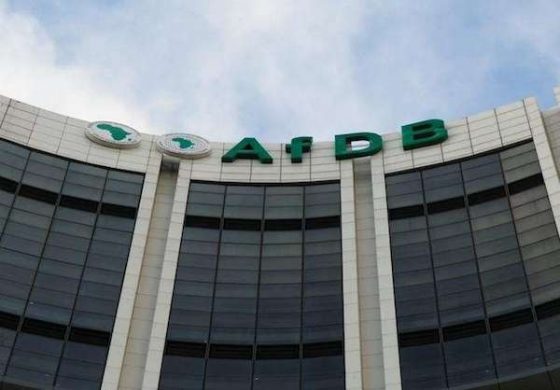The President of the African Development Bank, Dr. Akinwumi Adesina, has said that the bank plans to increase its loans to Nigeria by more than $2 billion next year to boost investments in energy, infrastructure and agricultural sectors.
Bloomberg quoted the President of the continental development finance institution as saying during an interview last Thursday in Abuja that “the total portfolio we have in Nigeria is $6 billion,”, adding that the bank expects that by the year 2019, it “will grow that into a little bit over $8 billion.”
The bank had earlier unveiled plans to pump more than $800 million into Nigeria this year, most of which will fund investments in power.
Adesina listed some of the investments to include a $250 million support to revamp power-transmission lines and electricity sub-stations as well as fund a $200 million solar-power project in Jigawa state in the north.
This is even as he hinted that the $400 million balance from a $1 billion loan for budget support will be disbursed directly to industries identified by the government after projects have been vetted by the bank.
Meanwhile, the AfDB has projected that the nation’s economy would grow 2.1 percent this year as the output of and the price of oil, its main export, recover.
To mitigate the impact of the international oil market volatility on the nation’s economy, Adesina harped on the need for the Nigerian government to intensify its current agenda aimed at improving the performance of the non-oil sector.
“Oil only accounts for a small fraction of GDP so the key is to fund the non-oil sector,” Adesina advised.
Identifying agriculture as another sector the government is trying to expand, in addition to the solid minerals sector, the AfDB chief said there were plans to help set up “staple crop processing zones” and create agribusiness clusters across the country to curb harvest losses of as much as 70 percent for some crops.
He explained: “These zones will change our rural economy. You will be able to create markets for farmers and reduce massive post-harvest losses. You will change the structure of agriculture itself because people will see it as a business as opposed to a subsistence activity.”






